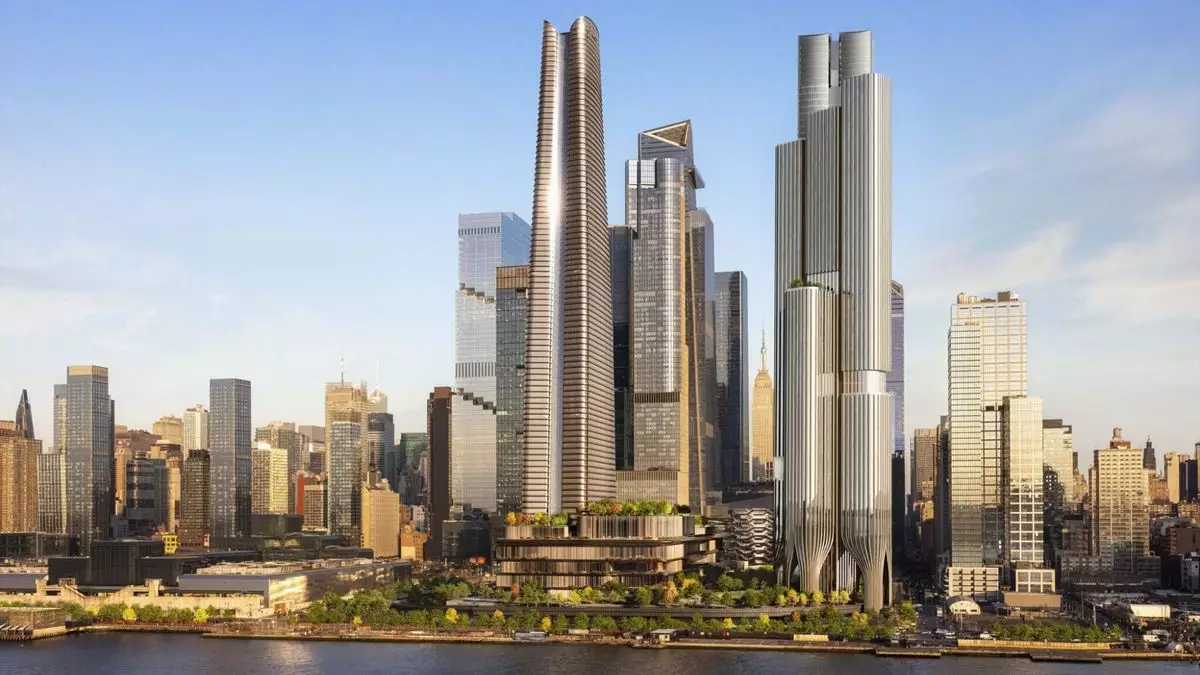The recent withdrawal of Wynn Resorts and Related Companies’ ambitious $12 billion project proposal in Hudson Yards, New York City, highlights the increasing power of community voices against corporate interests. The planned complex, which sought to introduce a hotel and casino alongside residential and office towers, faced significant opposition from local leaders and community organizations. Notably, Councilman Eric Bottcher, a key representative of the area, openly criticized the project alongside the Friends of the High Line and Manhattan Community Board 4. This saga serves as a case study in how grassroots activism can effectively challenge large corporate entities looking to exert their influence over urban landscapes.
Economic Incentives versus Community Needs
Wynn’s decision to retract its proposal illustrates a palpable shift in corporate strategy, spurred on by the realization that economic incentives alone may not suffice in securing a project’s approval in today’s politically savvy climate. The company noted that after a thorough assessment of the recent rezoning processes, it would be wiser to invest their resources in already established projects that align more closely with shareholder interests, rather than pouring capital into a venture fraught with community resistance. This begs the question: should corporations prioritize profit margins over social responsibility? The resounding answer from Hudson Yards residents appears to be a definitive “yes,” as they stress the importance of fostering an environment that genuinely reflects community values.
Future Possibilities in Hudson Yards
While Wynn has stepped back, Related Companies, the other entity involved in this elaborate proposal, has signaled a different direction. Their commitment to affordable housing development can be seen as a nod towards social consciousness, reshaping the narrative that surrounds urban development. The shift away from a casino-centric vision to one focused on housing could not only meet pressing community needs but also foster inclusivity in a rapidly gentrifying neighborhood. This is significant because it indicates that even amidst defeat, there is an opportunity for resilience and rebirth in urban planning.
The Evolution of Urban Development Conversations
This confrontation in Hudson Yards underscores a paradigm shift in urban development dialogues. No longer can large corporations assume that their financial clout guarantees approval for projects that disrupt already established neighborhoods. The community has rightfully asserted that their voice is vital in molding the environment they inhabit. This awakening—where residents demand a stake in the future of their city—can potentially reshape how development projects are conceived and executed across urban landscapes, not just in New York but on a broader scale.
The fact that a multi-billion dollar proposal was simply discarded reflects not just a momentary setback for Wynn but a broader lesson on the importance of civic engagement in urban development. Corporate entities must realize that sustainable development goes hand in hand with community support, and that in the end, the true measure of success isn’t just profitability, but the quality of life they help foster in the neighborhoods they seek to impact.

